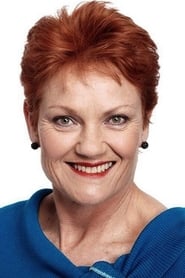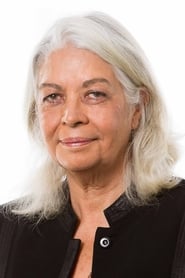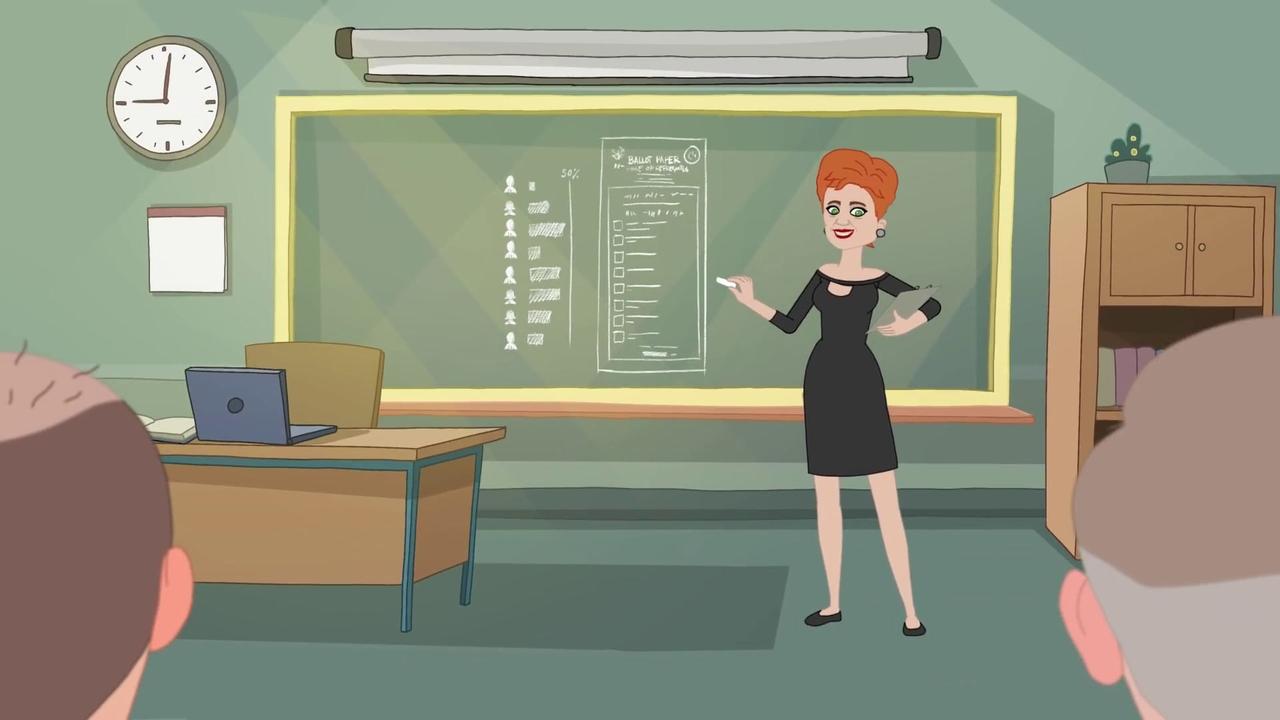
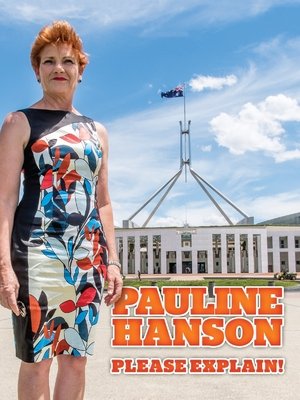
Pauline Hanson: Please Explain!(2016)
Director Anna Broinowski explores how Pauline Hanson's speech in 1996 and the decades of debate that followed has influenced Australia today; the impact of her political career on modern multicultural Australia, and the people who have helped her transition from local fish shop owner to Member for Oxley. Featuring many of Hanson's critics, opponents, advisors and commentators, from former Prime Minister John Howard, to current members of the media, including Margo Kingston and Alan Jones; and leading Indigenous commentator, Professor Marcia Langton.
Movie: Pauline Hanson: Please Explain!
Top 3 Billed Cast

Pauline Hanson: Please Explain!
HomePage
Overview
Director Anna Broinowski explores how Pauline Hanson's speech in 1996 and the decades of debate that followed has influenced Australia today; the impact of her political career on modern multicultural Australia, and the people who have helped her transition from local fish shop owner to Member for Oxley. Featuring many of Hanson's critics, opponents, advisors and commentators, from former Prime Minister John Howard, to current members of the media, including Margo Kingston and Alan Jones; and leading Indigenous commentator, Professor Marcia Langton.
Release Date
2016-07-31
Average
0
Rating:
0.0 startsTagline
Genres
Languages:
Keywords
Similar Movies
 6.9
6.9Olympia: Part One – Festival of the Nations(de)
Commissioned to make a propaganda film about the 1936 Olympic Games in Germany, director Leni Riefenstahl created a celebration of the human form. This first half of her two-part film opens with a renowned introduction that compares modern Olympians to classical Greek heroes, then goes on to provide thrilling in-the-moment coverage of some of the games' most celebrated moments, including African-American athlete Jesse Owens winning a then-unprecedented four gold medals.
 6.7
6.7Olympia: Part Two – Festival of Beauty(de)
Commissioned to make a propaganda film about the 1936 Olympic Games in Germany, director Leni Riefenstahl created a celebration of the human form. Where the two-part epic's first half, Festival of the Nations, focused on the international aspects of the 1936 Olympic Games held in Berlin, part two, The Festival of Beauty, concentrates on individual athletes such as equestrians, gymnasts, and swimmers, climaxing with American Glenn Morris' performance in the decathalon and the games' majestic closing ceremonies.
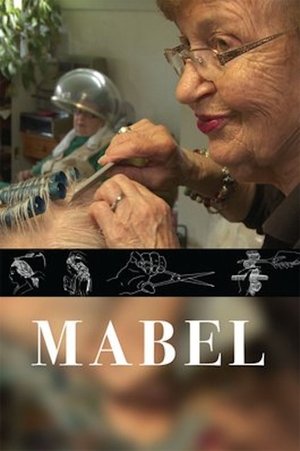 0.0
0.0Mabel(en)
Feisty, fiercely independent and firmly rooted in place, 90 year-old Mabel Robinson broke barriers back in the 40s when she became the first woman in Hubbards, Nova Scotia, to launch her own business—a hairdressing salon where she still provides shampoo-n-sets over 70 years later. Weaving animation and archival imagery with intimate and laugh out loud moments in the salon, the film celebrates the power of friendship, doing what you love and staying active. With no desire to retire anytime soon, Mabel gives voice to a generation who are not front and center of cinema or the pop hairstyles of the day, and subtly shifts the lens on our perception of beauty and the elderly.
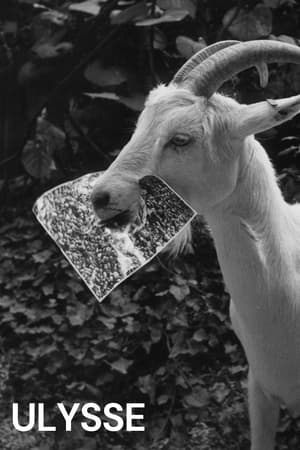 6.7
6.7Ulysse(fr)
At the sea shore, a goat, a child, and a naked man. This is a photograph taken in 1954 by Agnès Varda. The goat was dead, the child was named Ulysses, and the man was naked. Starting from this frozen image, the film explores the real and the imaginary.
 8.0
8.0Reality Winner(en)
A state of secrets and a ruthless hunt for whistleblowers – this is the story of 25-year-old Reality Winner who disclosed a document about Russian election interference to the media and became the number one leak target of the Trump administration.
 10.0
10.0The Vanquishing of the Witch Baba Yaga(ru)
A descent into Eastern Europe's haunted woodlands uncovers the secrets, fairy tales, and bloody histories that shape our understanding of man's place in nature.
 6.4
6.4Primary(en)
Primary is a documentary film about the primary elections between John F. Kennedy and Hubert Humphrey in 1960. Primary is the first documentary to use light equipment in order to follow their subjects in a more intimate filmmaking style. This unconventional way of filming created a new look for documentary films where the camera’s lens was right in the middle of what ever drama was occurring. Preserved by the Academy Film Archive in partnership with The Film Foundation in 1998.
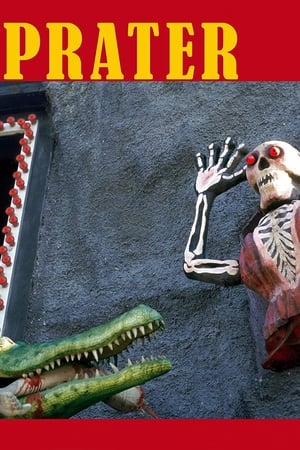 5.8
5.8Prater(de)
Vienna’s Prater is an amusement park and a desire machine. No mechanical invention, no novel idea or sensational innovation could escape incorporation into the Prater. The diverse story-telling in Ulrike Ottinger’s film “Prater” transforms this place of sensations into a modern cinema of attractions. The Prater’s history from the beginning to the present is told by its protagonists and those who have documented it, including contemporary cinematic images of the Prater, interviews with carnies, commentary by Austrians and visitors from abroad, film quotes, and photographic and written documentary materials. The meaning of the Prater, its status as a place of technological innovation, and its role as a cultural medium are reflected in texts by Elfriede Jelinek, Josef von Sternberg, Erich Kästner and Elias Canetti, as well as in music devoted to this amusement venue throughout the course of its history.
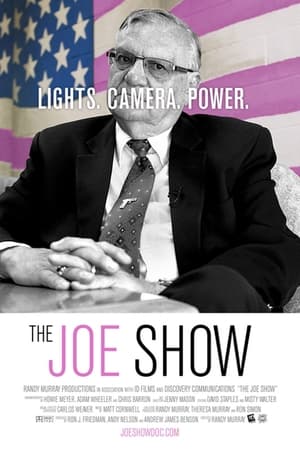 8.0
8.0The Joe Show(en)
Eight years in the making, The Joe Show is a shocking and wildly entertaining documentary about America’s most controversial Sheriff, Joe Arpaio, and his ringmaster’s approach to modern media, politics and law enforcement. Joe's desire for fame changes democracy forever and the voters cheer as ratings soar. The Joe Show explores how Joe uses media and his role as Sheriff to make himself the most famous law enforcement officer in the world. Racism, sex crimes, illegal immigration, first amendment rights, deaths at the hands of his employees – even Obama’s birth certificate – are all issues Joe faces and spins. Featuring Larry King, Steven Seagal, Hugh Downs, Ted Nugent, Dan Ariely and Noam Chomsky A movie that will engage and enlighten both Joe’s detractors and supporters, the Joe Show takes a hard yet balanced look at how democracy can survive when persuading voters becomes more important than protecting them.
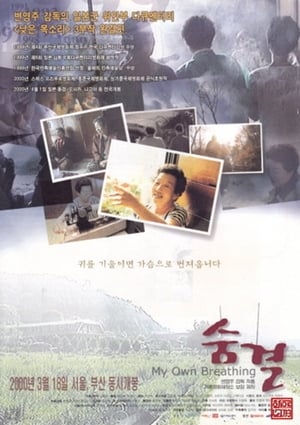 5.5
5.5My Own Breathing(ko)
"My Own Breathing" is the final documentary of the trilogy, The Murmuring about comfort women during the World War II directed by BYUN Young-joo. This is the completion of her seven years work. BYUN's first and second documentaries spoke of grandmothers' everyday life through the origin of their torment, while My Own Breathing goes back to their past from their everyday life. Deleting any device of narration or music, the camera lets grandmothers talk about themselves. Finally, the film revives their deep voices trampled by harsh history.
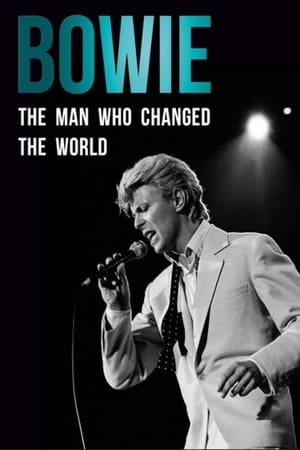 5.7
5.7Bowie: The Man Who Changed the World(en)
Experience an inside look at David Bowie's incredible influence on music, art and culture via interviews with some of the people who knew him best.
 6.4
6.4Yusuf Hawkins: Storm Over Brooklyn(en)
The 30-year legacy of the murder of black teenager Yusuf Hawkins by a group of young white men in Bensonhurst, Brooklyn, as his family and friends reflect on the tragedy and the subsequent fight for justice that inspired and divided New York City.
 8.0
8.0Rise Again: Tulsa and the Red Summer(en)
Comes one hundred years from the two-day Tulsa Massacre in 1921 that led to the murder of as many as 300 Black people and left as many as 10,000 homeless and displaced.
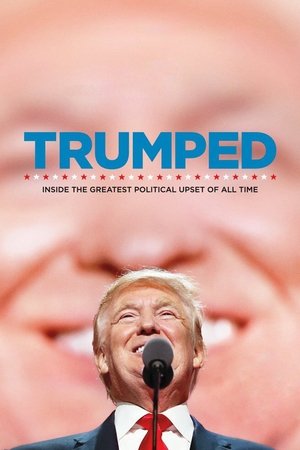 6.2
6.2Trumped: Inside the Greatest Political Upset of All Time(en)
In a behind-the-scenes look at the biggest political upset in recent history, Mark Halperin, John Heilemann and Mark McKinnon offer unprecedented access and never-before-seen footage of candidate Trump, from the primaries through the debates to the dawning realization that the controversial businessman will become the 45th President of the United States.
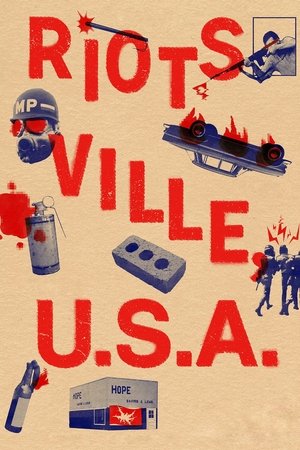 6.2
6.2Riotsville, USA(en)
An archival documentary about the U.S. military’s response to the political and racial injustices of the late 1960s: take a military base, build a mock inner-city set, cast soldiers to play rioters, burn the place down, and film it all.
 6.6
6.6Supergirl(en)
Naomi seems like a typical nine-year-old girl, until her passion for powerlifting transforms her life with world record-breaking championships and national news headlines. Supergirl explores Naomi’s coming-of-age journey as she and her Orthodox Jewish family are changed forever by her inner strength and extraordinary talent.
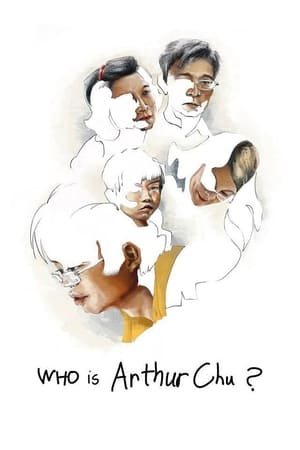 6.5
6.5Who Is Arthur Chu?(en)
Documentary feature about 11-time Jeopardy! champion and Internet iconoclast, Arthur Chu.
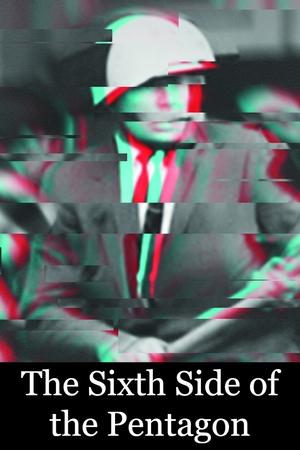 6.2
6.2The Sixth Side of the Pentagon(fr)
On October 21, 1967, over 100,000 protestors gathered in Washington, D.C., for the Mobilization to End the War in Vietnam. It was the largest protest gathering yet, and it brought together a wide cross-section of liberals, radicals, hippies, and Yippies. Che Guevara had been killed in Bolivia only two weeks previously, and, for many, it was the transition from simply marching against the war, to taking direct action to try to stop the 'American war machine.' Norman Mailer wrote about the events in Armies of the Night. French filmmaker Chris Marker, leading a team of filmmakers, was also there.
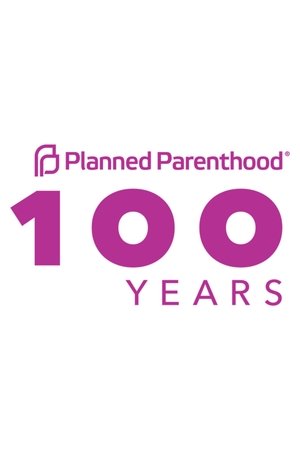 6.0
6.0100 Years(en)
An animated history of American health care provider, Planned Parenthood.
